It's 1945. The world has just gotten out of World War II. In the midst of the chaos that followed the defeat of the nazis, the world needed to take measures to ensure a war like that will never happen again. Basically, the world became more focused on collective security rather than the formation of alliances and bilateral agreements.
Under these circumstances, the United Nations came into existence on Oct. 24, 1945. With hopes of building a world full of justice, peace and development for citizens of the world, the UN was the materialization of a mankind tired of conflicts and violence of human rights.
Then-President of the United States Truman said in a final remark that the UN would only work if all the countries did too.
“If we fail to use it, we shall betray all those who have died so that we might meet here in freedom and safety to create it. If we seek to use it selfishly - for the advantage of any one nation or any small group of nations - we shall be equally guilty of that betrayal.”
- President Harry Truman
Hum, this sounds like he’s foreshadowing something.
The UN is now 70 years old, and yet, it seems like the organization has not evolved from the post-WWII world. The UN has a lot of catching up to do.
It’s 2016. The year when the new Secretary-General of the UN will be appointed. Out of multiple candidates, one will be appointed by the General Assembly and approved by the Security Council.
This position is of the utmost importance for the world, and this new person to hold it must have the highest standards of efficiency, international relations knowledge, leadership and diplomatic skills.
Obviously, this is no entry-level job.
The current Secretary-General, who has held position since 2007, is Ban Ki-moon. His duties include being the spokesman of the United Nations, upholding its values and organizing efforts to prevent international conflicts from escalating. Ban Ki-moon had a wonderful mandate and is looking forward to the next Secretary-General taking his place.
The candidates for the Secretary-General position this year are very distinct; distinct in a way that, out of the 10 candidates, five of them are women. The 2016 Secretary-General elections will be very interesting indeed.
Gender equality is something that people all over the world have been fighting for. According to the United Nations Population Fund, empowering women is key to reducing poverty and addressing the world’s most urgent challenges. We have proven that with the action of outstanding women leaders in politics and foreign affairs, and yet there are still people who doubt that women can do the job just as well as, if not better than men; we have yet to see an equal world for women.
This prejudice has been slowly recoiling, as we, women, are fighting for equal rights. There are more women candidates for UN Secretary-General than ever, but one of these intelligent and capable women might not actually become the UN Secretary-General due to “an old boys network” that is still in place in the high rankings of the organization.
Ban Ki-moon said himself how important it would be for his successor to be a woman. He didn’t suggest anyone in particular, but he definitely emphasized the importance of a woman to represent the UN in 2016"
“We have many distinguished and eminent women leaders in national governments or other organizations or even business communities, political communities, and cultural and every aspect of our life. There’s no reason why not in the United Nations.”
- Ban Ki-moon
This, however, is just a suggestion from the current Secretary-General; the decision is ultimately not up to him. But we do have some pretty awesome women running for Secretary-General this year:
Irina Bokova is the current Director-General of UNESCO. She was born in Bulgaria and, besides her mother tongue, speaks English, French, Russian and Spanish. She helped draft the Bulgarian new Constitution and is a founding member of the European Policy Forum.
Her vision statement title is, “peace, sustainability and dignity - the new humanism for the world today."
Helen Clark is from New Zealand and is the administrator of the United Nations Development Programme (UNDP). She’s held many government positions and advocates firmly for women as international leaders. She has received the Danish Peace Foundation’s Peace Prize and was made a member of the Order of New Zealand (New Zealand’s highest honor) in 2009.
Her vision statement title is, “A Better, Fairer, Safer World”
Natalia Gherman is a Moldovan politician, who served as Minister of Foreign Affairs and European Integration and Deputy Prime Minister of Moldova. As a UN candidate, she spoke about the issue of peacekeepers’ abuse and in favor of the victims of sexual abuse.
Her vision statement speaks of peace and security, sustainable development, human rights, humanitarian response and better management of the organization.
Susana Malcorra is the Foreign Minister of Argentina and was formerly Chef de Cabinet for the Executive Office at the UN, appointed by Ban Ki-moon himself. He congratulated her on her appointment, saying that "Ms. Malcorra has served the United Nations with great distinction.” She believes it is the responsibility of world leaders to ensure human rights.
Her vision statement speaks of “A United Nations focused on people, the planet and prosperity”
Kristalina Georgieva is also Bulgarian, serving as European Commissioner for Budget and Human Resources in the college of the Juncker Commission. She was named “European of the Year” in 2010 and “EU Commissioner of the Year” as an acknowledgment of her work, particularly in regards to her handling of the humanitarian disasters in Haiti and Pakistan.
She just entered as a candidate last week, but has a promising and solid candidacy ahead of her.
If you doubt they are capable enough or have issues choosing your favorite woman candidate, I'd definitely ask them. At their official website, the UN is accepting questions in writing, video or audio using the hashtag #UNSGcandidates.
We can’t deny that these women are great professionals and are super important for today's world. In fact, we already find multiple women in important roles for the global society, like: Margot Wallström as Minister of Foreign Affairs in Sweden; Angela Merkel as a successful German Chancellor; Christine Legarde as Managing-Director of the IMF; Marry Barra as CEO of General Motors; and Hillary Clinton, who may end up being the U.S.'s first female president.
(These women are goals)
Electing a woman for this important role would do many things for the fight against gender inequality. Women all over the world would feel inspired to stand up for themselves, ultimately making the world a better place. And it doesn't feel right not to elect someone with the best curriculum possible just for the fact that she wears a skirt.
After all, these women still get to business, pencil skirts or not.
"All of the female candidates in their own rights would capture that momentum, sustain it, and rebuild the legitimacy of the UN through their intelligence, capabilities, charisma, and knowledge of the UN," wrote Dr. Jean Krasno, leader of a campaign to elect a woman in these elections, in a statement.
Ultimately, I have faith in the UN members to step up to our century and select a woman as UN Secretary-General. And, if you have faith, too, you should definitely help support the campaign to elect a woman UN Secretary-General at http://www.womansg.org/. To be able to speak up about things that matter is globalization's most useful tool, let's use it to help the world's most important organization elect a woman as its leader, finally.




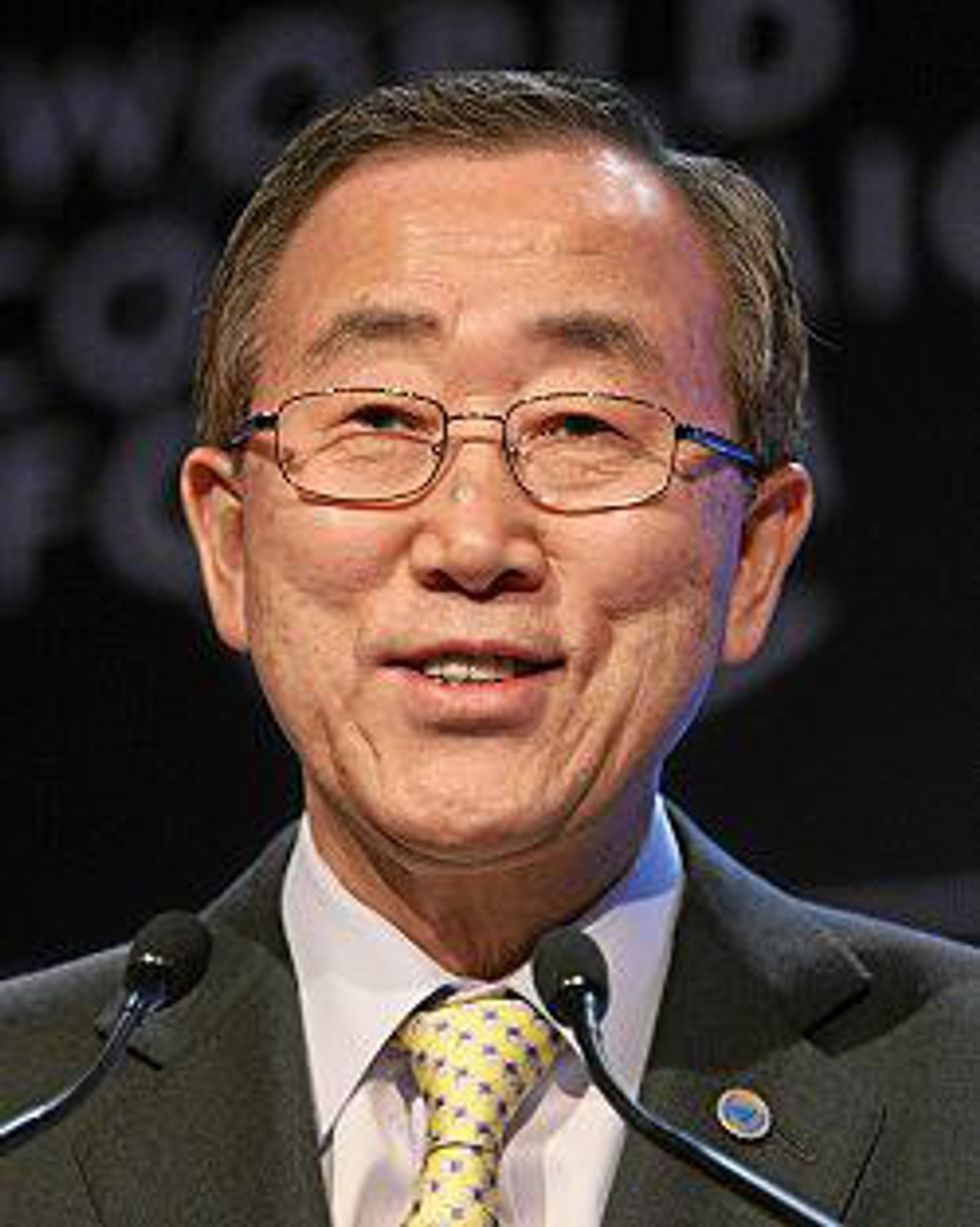
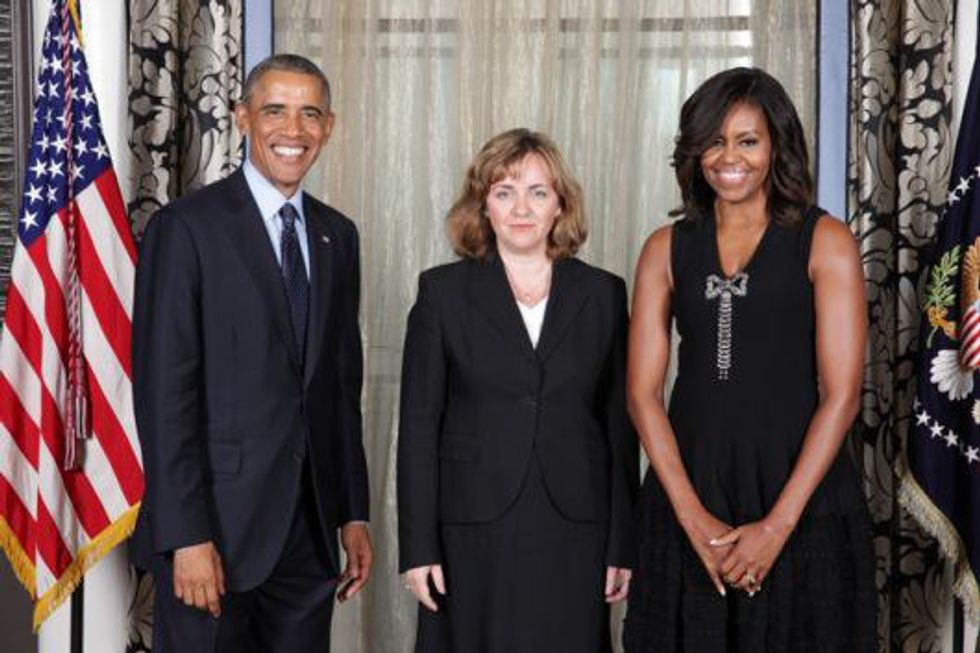
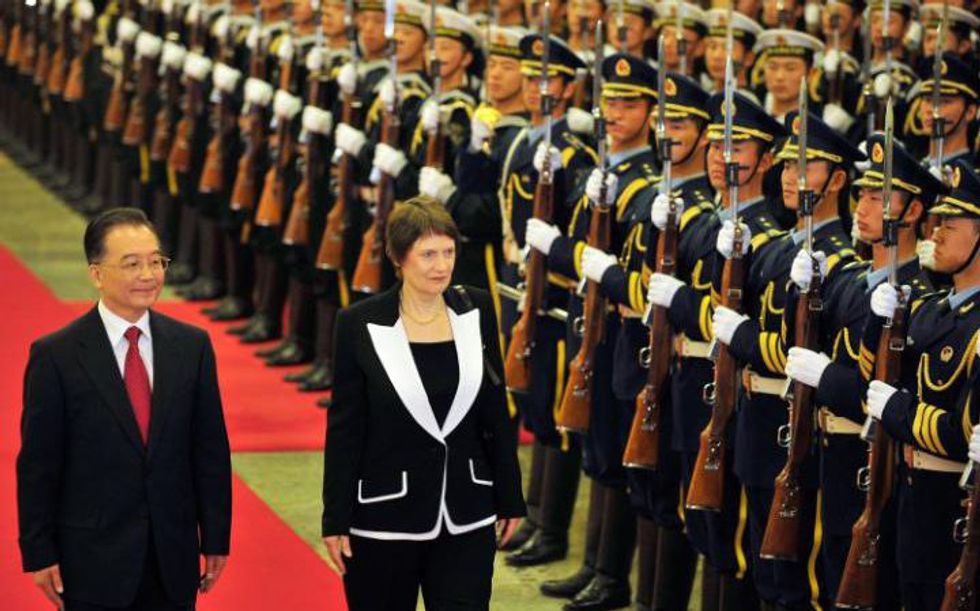
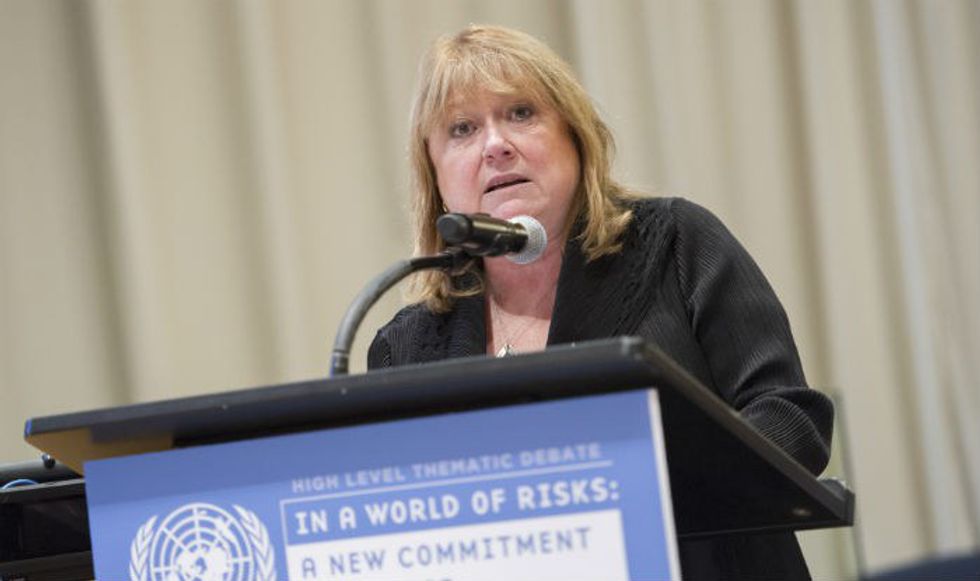
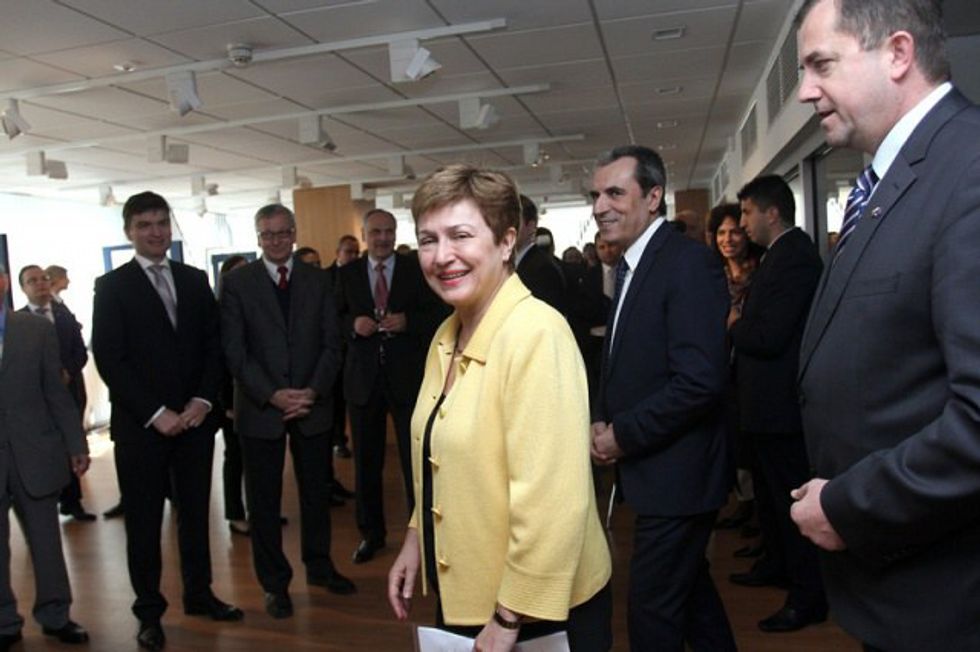
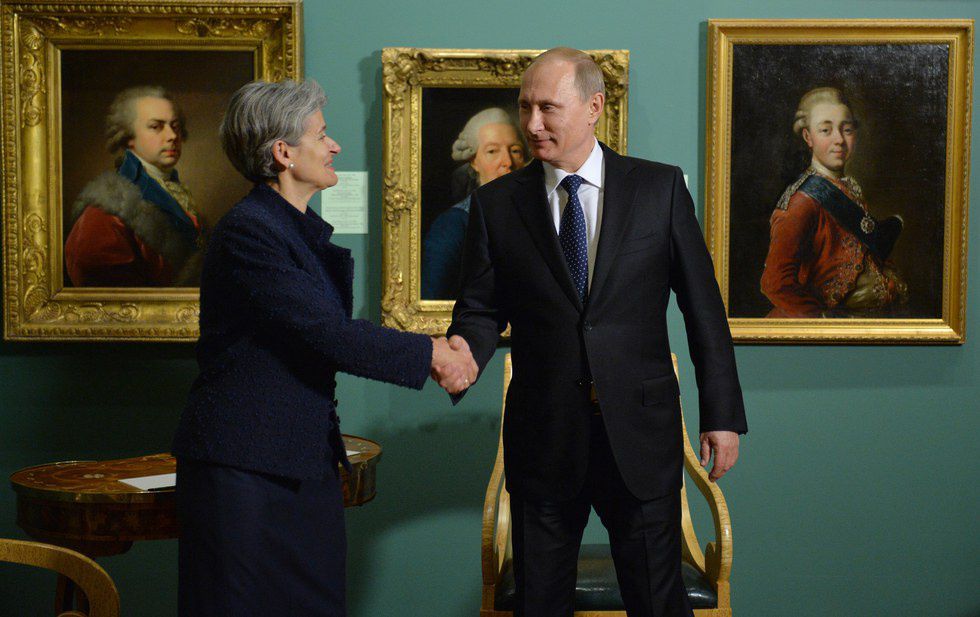




 The minimum wage is not a living wage.
StableDiffusion
The minimum wage is not a living wage.
StableDiffusion
 influential nations
StableDiffusion
influential nations
StableDiffusion












